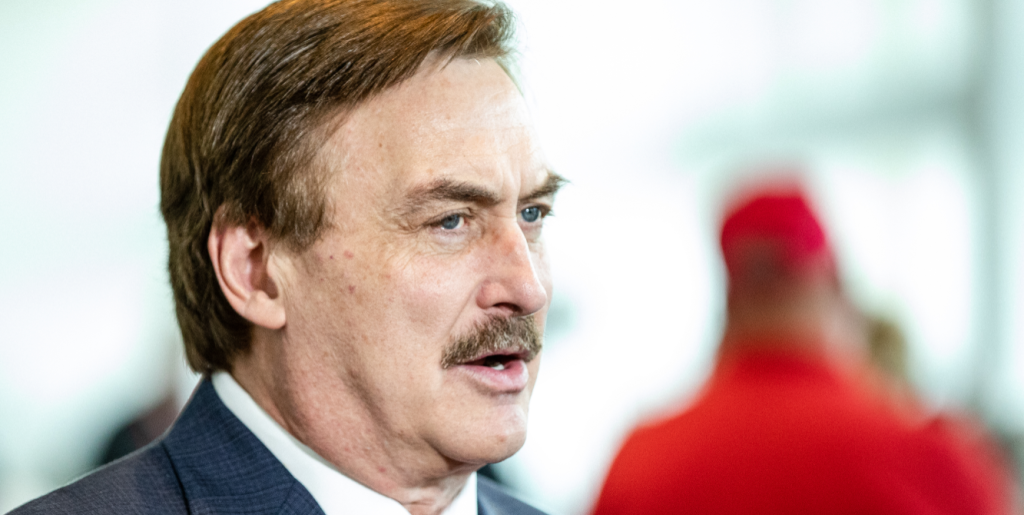Mike Lindell, the MyPillow CEO and vocal supporter of former President Donald Trump, faced a significant setback this Monday.
Others are reading now
The U.S. Supreme Court decided not to review his appeal against the seizure of his cellphone by federal agents, a move Lindell claims infringes on his constitutional rights.
This refusal to hear the case leaves in place a lower court’s decision that has broad implications for Lindell and potentially for the political landscape surrounding election security debates.
A Controversial Encounter at Hardee’s
In a scene that sounds more like a fast-food confrontation than a legal skirmish, Lindell recounted how FBI agents encircled him at a Hardee’s restaurant in September 2022, demanding his phone.
The device, according to investigators, could contain crucial information linked to Tina Peters, a Colorado clerk facing charges for allegedly tampering with voting machines.
Also read
This incident, which Lindell paints as an overreach of government power, stems from his ties to efforts challenging the legitimacy of the 2020 presidential election results.
Judicial Setback Amid Broader Legal Battles
The narrative took a legal turn when U.S. Court of Appeals Judge Ralph Erickson dismissed Lindell’s claims that the phone seizure violated his constitutional rights.
“Lindell’s irritation as to where and how the government took possession of his cell phone does not give rise to a constitutional claim,” Erickson stated, emphasizing the lack of any constitutional breach in the retrieval process.
Despite Lindell’s appeal, the Supreme Court’s recent denial effectively endorses Erickson’s perspective, complicating Lindell’s broader crusade against what he perceives as political misuse of judicial mechanisms.
Election Integrity at the Heart of Legal Controversies
Lindell’s legal troubles are intertwined with his continued allegations of widespread voter fraud, claims that have not only lacked judicial backing but have also cost him personally and professionally.
After reportedly spending $40 million on legal challenges related to the election, Lindell finds his business suffering as retailers distance themselves from the MyPillow brand amidst the controversy.
Moreover, Lindell is not stepping back from the legal arena. He has urged the Supreme Court to expedite a separate case concerning the use of electronic voting systems, hoping to present what he describes as “explosive” evidence about the 2020 election outcomes.
However, the court has remained silent on whether it will take up this potentially groundbreaking case.


